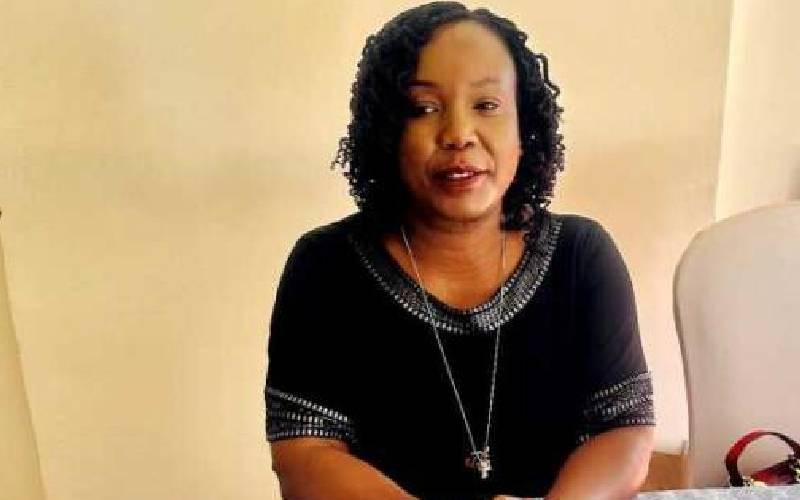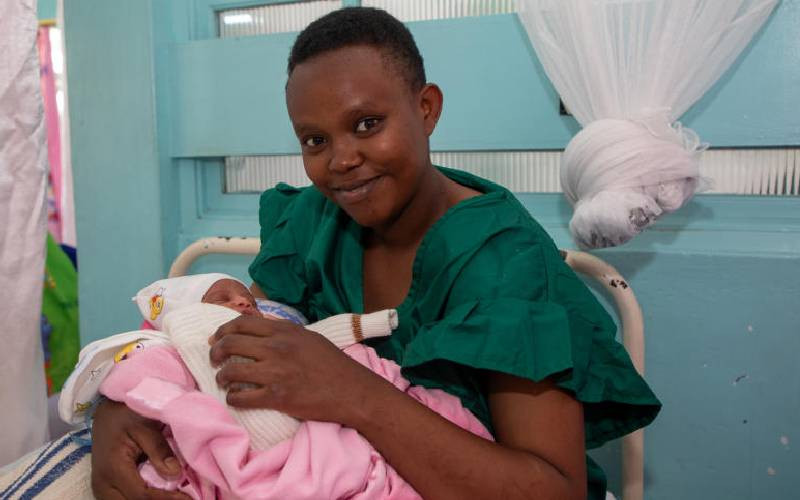Over the years, the women who attend my childbirth clinics have become increasingly fearful of natural birth. It has become more difficult to move them beyond what seems like an unreasonable fear not just of the pain of labour, but fear for their own safety and the safety of their babies. Why are they so much more afraid?
Some attribute their fear to some reality television channels on the process of giving birth. Rather than help women view birth as the normal life event that it is, to my horror, “reality” shows have made birth appear more medical than ever, and essentially end up marketing fear of natural childbirth.
But perhaps this is not all irrational and unfounded. In 15th-century Florence, women were married as teenagers and often had five to 10 children, depending on whether she survived childbirth. Childbirth was so dangerous that a woman would make out her will as soon as she found out she was pregnant.
This group favours interventions, including caesarean section births.
In contrast, there are other TV series, which have successfully caused a renewed wave of interest in natural childbirth in women.
Natural childbirth doesn’t mean rejection of care. It means care with a mother-focused doctor or midwife, sometimes in a place other than a hospital. And an increasing number of women are skipping the hospital altogether.
Home births in the United States have grown by 59 per cent from 2004 to 2012, according to data from the Centre for Disease Control and Prevention. Well-educated white women drive the rapid rise, with one out of every 74 having an at-home birth. So, are these women as crazy, reckless, stupid, and selfish as the Internet would have us believe? Hardly.
Many mothers cite safety as the reason for drug-free births, fearing a cascade of interventions like induction, synthetic hormones to speed labour, vaginal cutting, and caesarean section. And they have a reason to be concerned. Others are suspect of a medical profession that looks at a woman’s pregnancy as a condition to be treated. They are looking for the woman-centred care found in midwifery practices, or in extreme cases, on their own.
This need was made clear in a series published in a reputable scientific journal a while ago, which found that “over-medicalisation” of pregnancy is threatening the health and well-being of women and their families. It addressed the importance of midwives and the need for maternal care in both developing and developed countries.
 The Standard Group Plc is a
multi-media organization with investments in media platforms spanning newspaper
print operations, television, radio broadcasting, digital and online services. The
Standard Group is recognized as a leading multi-media house in Kenya with a key
influence in matters of national and international interest.
The Standard Group Plc is a
multi-media organization with investments in media platforms spanning newspaper
print operations, television, radio broadcasting, digital and online services. The
Standard Group is recognized as a leading multi-media house in Kenya with a key
influence in matters of national and international interest.
 The Standard Group Plc is a
multi-media organization with investments in media platforms spanning newspaper
print operations, television, radio broadcasting, digital and online services. The
Standard Group is recognized as a leading multi-media house in Kenya with a key
influence in matters of national and international interest.
The Standard Group Plc is a
multi-media organization with investments in media platforms spanning newspaper
print operations, television, radio broadcasting, digital and online services. The
Standard Group is recognized as a leading multi-media house in Kenya with a key
influence in matters of national and international interest.








